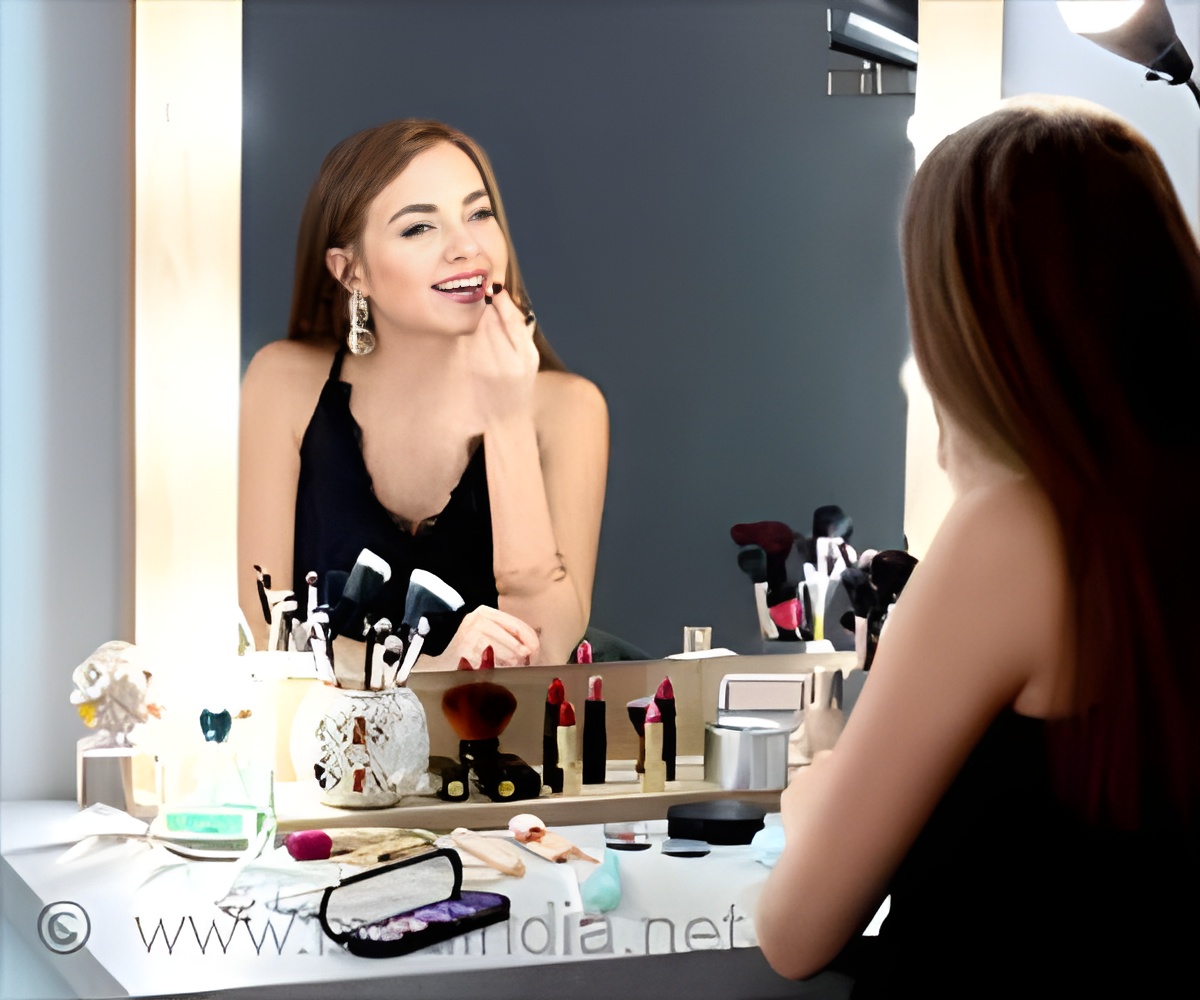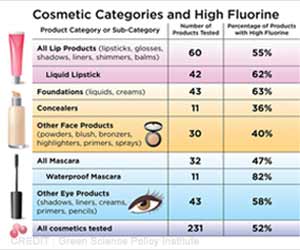New research suggests that the natural beauty movement is not liberating women from cosmetics. Cosmetic sales have increased alongside the rise of the no-makeup movement.

They found that the movement was associated with an overall increase, rather than a decrease, in sales of major cosmetic product categories.
Actually, the no-makeup movement exacerbated a key tension that women have to look attractive or maintain a set of beauty standards without makeup.
Researchers analyzed 784 selfies tagged with #nomakeup on Instagram and sorted them into two groups: “real natural beauty selfies” that seemed to be makeup-free and “constructed natural beauty” selfies where the person in the photograph appeared to be wearing makeup.
Later, they used a machine learning model to compare the number of likes and perceived attractiveness of 3,155 additional photos.
The artfully crafted “natural” look won out in this analysis suggesting that people are motivated to say they are not wearing makeup when they are to gain the benefit of having an attractive appearance without makeup.
Advertisement
In one study, the same selfie of a woman was shown to 633 participants with different captions: one with the claim of no makeup, one without any mention of makeup and one said that the woman was wearing makeup.
These results are consistent with prior work showing that being aware that a woman is wearing makeup can lead the woman to be judged less positively.
The beauty industry emphasis on natural yet beautiful, glamorous with low effort looks won’t be letting up any time soon, with companies based on the natural but better concept.
If we have to be who we ‘naturally are,’ we often indirectly shame women who may use tools to manage certain aesthetics concerns such as cystic acne.
Only a few can wake up looking naturally beautiful at least by society’s standards. If we elevate natural beauty and implicitly shame beauty work, this will end up reinforcing inequality among beauty standards of women.
Source-Medindia









